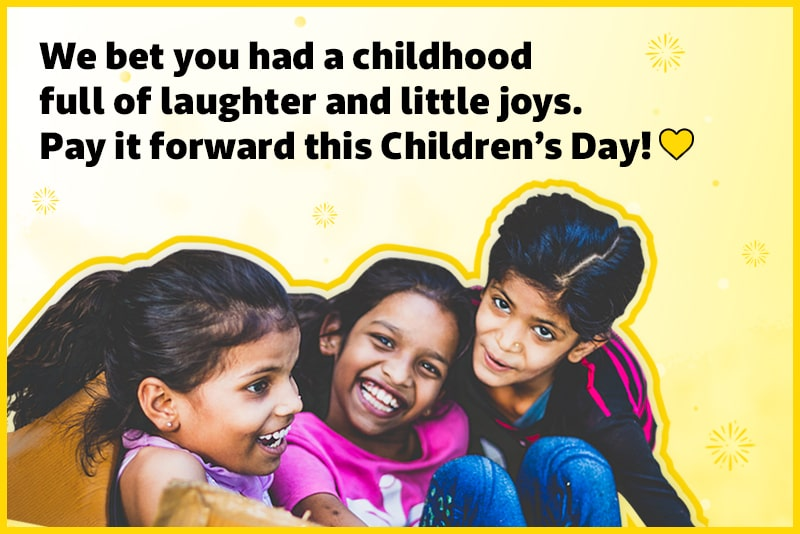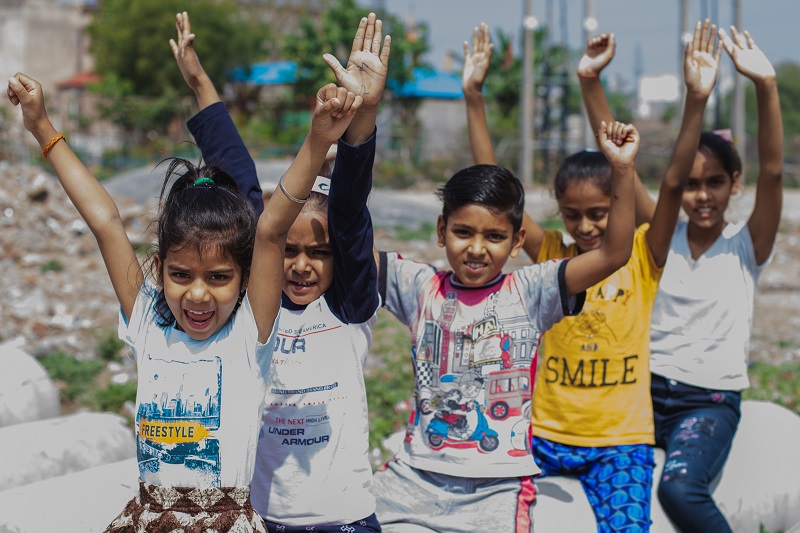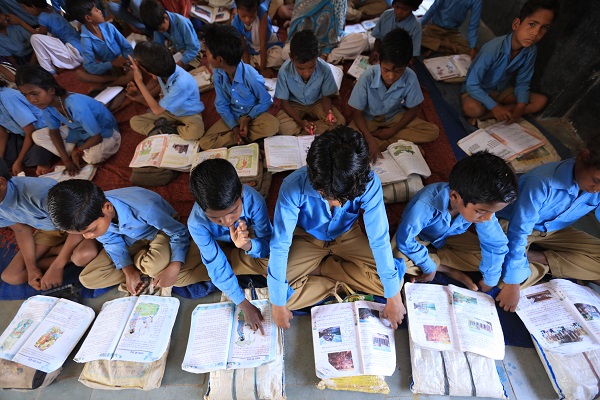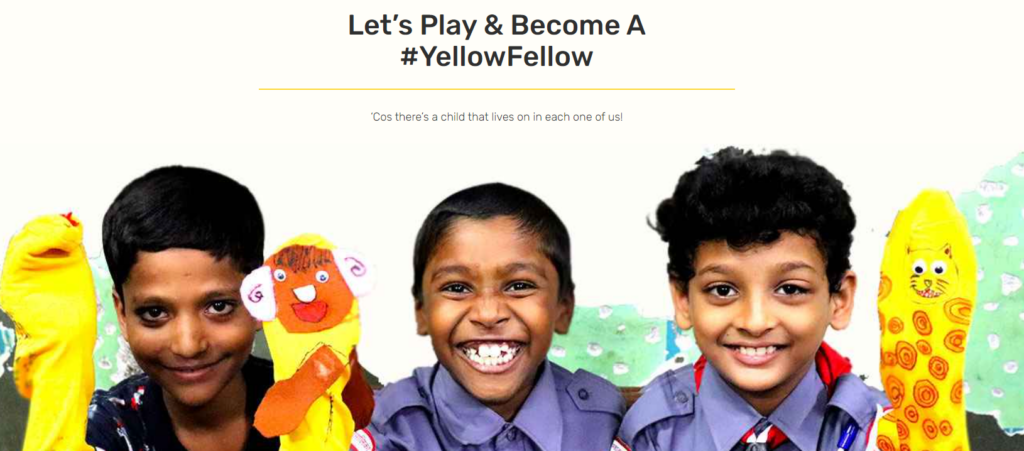
This International Children’s Day, Celebrate The Child Within You And Pay It Forward
International Children’s Day is proudly celebrated across the globe on 20th November. This day is commemorated to promote children’s welfare ....
Read More
Children's Day in India, celebrated on November 14th, holds a special place in the hearts of millions. It's a day to honour and appreciate the innocence, potential, and future of our nation, and our children. In this comprehensive exploration, we'll delve into the historical background and importance of Children's Day, its significance, the legacy of Jawaharlal Nehru, and how we can contribute to the welfare and development of children in India.
Children's Day, known as "Bal Diwas" in India, is a day dedicated to children and celebrated on the birth anniversary of the first Prime Minister of India, Pandit Jawaharlal Nehru. This day is marked by various events and activities in schools, colleges, and other educational institutions. It's an occasion to recognize the importance of nurturing and safeguarding the rights and well-being of our young citizens.
The historical significance of Children's Day is intrinsically tied to Pandit Jawaharlal Nehru, who was affectionately referred to as "Chacha Nehru" by children. Born on November 14, 1889, he played a pivotal role in shaping the destiny of the nation and had a deep affection for children. His love and admiration for them were the driving force behind the wide-scale celebration of Children's Day in India.
Children's Day carries immense importance for several reasons:

One of the primary goals of Children's Day is to raise awareness about children's rights and advocate for their protection and welfare. This includes the right to education, healthcare, nutrition, and a safe environment.
Children's Day provides an opportunity to celebrate the joy, innocence, and exuberance of childhood. It encourages adults to embrace their inner child, reminding us of the importance of play, creativity, and wonder in our lives.
Education is a cornerstone of a child's development. Children's Day underscores the importance of quality education for all children, irrespective of their background, to help them reach their full potential.
4. Raising Awareness on Child Welfare
The day serves as a platform to address issues like child labor, child trafficking, and child abuse. It's a call to action for society to protect its most vulnerable members.
Children's Day inspires a culture of empathy and compassion towards children. It reminds us that the future of our nation depends on the nurturing and support we provide to our young ones.
Contributing to the welfare and development of children in India is a noble endeavor. There are several ways in which you can make a difference:
1. Volunteering Opportunities
Many organizations offer volunteering opportunities to work directly with children, mentoring them, and supporting their education and personal growth.
Donating to organizations that work for child rights can have a significant impact. Your contribution can be used to provide education, healthcare, and a safe environment for children in need.
Supporting organizations like Child Rights and You (CRY) that focus on child welfare can help in creating a better future for children in India.
Participating in campaigns like the "Yellow Fellow Campaign," which is run by CRY, is a meaningful way to advocate for children's rights and welfare.
CRY (Child Rights and You) is a leading non-profit organization in India dedicated to upholding the rights of children. They work tirelessly to ensure that every child in India gets access to their rights and lives in a nurturing environment.
The "Yellow Fellow Campaign" by CRY is an initiative that focuses on addressing the issues of child labor, child marriage, and child trafficking. It aims to build a society where every child's potential is realized, and they grow up in a safe and supportive environment.

Join Us At CRY India To Make Children’s Day This Year and In The Upcoming Ones Successful
Children's Day in India is not just a date on the calendar; it's a reminder of our responsibility towards the youngest members of our society. It serves as a tribute to Pandit Jawaharlal Nehru's vision for a prosperous and educated India. By understanding the significance of this day and getting involved in various child welfare initiatives, we can collectively contribute to a brighter future for India's children, ensuring that they are not only celebrated today but also supported throughout their journey to adulthood.